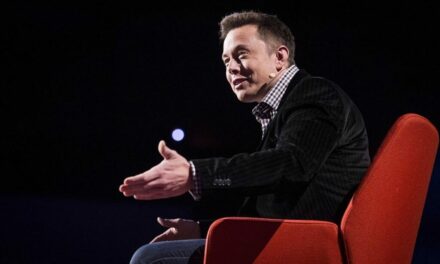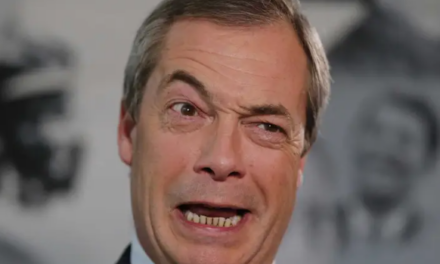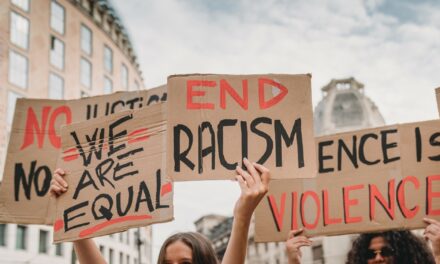a prominent queer activist group has labeled the Ultra Low Emission Zone (ULEZ) as ‘homophobic hate speech,’ sparking a heated debate among environmentalists and LGBTQ+ rights advocates.
The ULEZ is a transportation initiative aimed at reducing air pollution in certain areas by charging higher fees for vehicles that do not meet specific emissions standards. The policy has been widely discussed and implemented in various cities as part of efforts to combat climate change and improve air quality.
However, the queer activist group claims that the ULEZ unfairly targets and discriminates against the LGBTQ+ community. They argue that the policy disproportionately affects individuals who rely on modified vehicles, often associated with queer subcultures, for transportation and self-expression.
According to the group’s statement, the ULEZ’s restrictions on vehicles deemed non-compliant with emissions standards amount to a form of “homophobic hate speech” by penalizing and marginalizing those who deviate from traditional norms of vehicle usage.
Critics of the activist group’s stance argue that their characterization of the ULEZ as homophobic is misguided and detracts from the intended purpose of the policy, which is to address environmental concerns. They maintain that the ULEZ is not aimed at targeting specific communities but rather focuses on reducing harmful emissions for the benefit of all residents.
Supporters of the activist group’s position argue that the ULEZ’s impact on marginalized communities, including the LGBTQ+ community, should be taken into account when designing and implementing such policies. They emphasize the importance of considering intersectionality and ensuring that environmental initiatives do not inadvertently exacerbate existing inequalities.
The debate surrounding the ULEZ’s alleged homophobia highlights the complexities of balancing environmental objectives with social considerations. It underscores the need for ongoing dialogue and collaboration between environmentalists, LGBTQ+ activists, and policy-makers to create inclusive and sustainable solutions.
As discussions continue, it remains to be seen how the activist group’s claims will be received and whether they will prompt any adjustments to the ULEZ or similar policies. The intersection of environmentalism, social justice, and LGBTQ+ rights will likely remain a topic of interest and debate as societies strive to address the urgent challenges of climate change while ensuring inclusivity and equality for all.
















